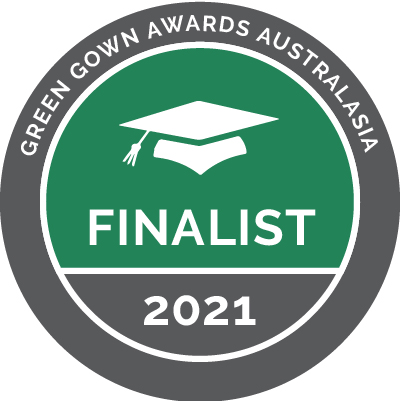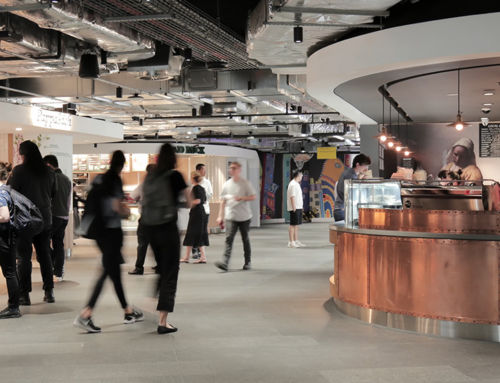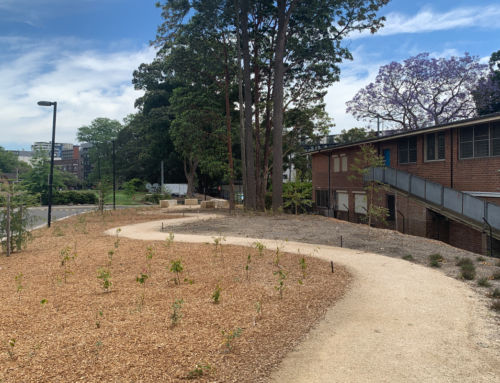Not a wasted opportunity
TAFE NSW is tackling waste through innovation and collaboration to divert more waste from landfill while leading by example for staff and students on campus. As the largest vocational and training organisation in Australia TAFE NSW is innovating through a best practice waste management contract that includes waste diversion targets, regular reporting and resource recovery support.
On campus, Facilities Management are implementing changes to increase recycling of challenging products such as fabric and waste generated from trade courses. Environmental Management students have partnered with Facilities Management to deliver a waste audit providing students with real-world experiences while contributing to sustainability improvements on campus.
> The initiative
In 2020, TAFE NSW commenced a new waste contract to provide waste and recycling services across majority of campuses in NSW with a single waste contractor. Previously, the organisation worked with multiple contractors in a decentralised manner that led to lack of oversight and opportunities for improved contract management, reporting and consistency across campuses.
In addition to general waste services, the new contract included innovations such as landfill diversion targets, a service optimisation schedule and allocation of a resource recovery officer by the supplier to support TAFE NSW. The benefit of having a single contractor servicing majority of TAFE NSW campuses means improved contract management, improved waste reporting and identification of opportunities for service optimisation and innovation to increase diversion from landfill.
The contract has led to improved sustainability outcomes from regular reporting such as:
- Establishment of a waste baseline to achieve diversion and waste avoidance targets
- Service optimisations to save money that can be diverted to introduction of new recycling services
- Collaboration with environmental management students to undertake a waste audit to develop TAFE’s diversion potential
- Trial of recycling innovations such as textile recycling and dry waste recycling.
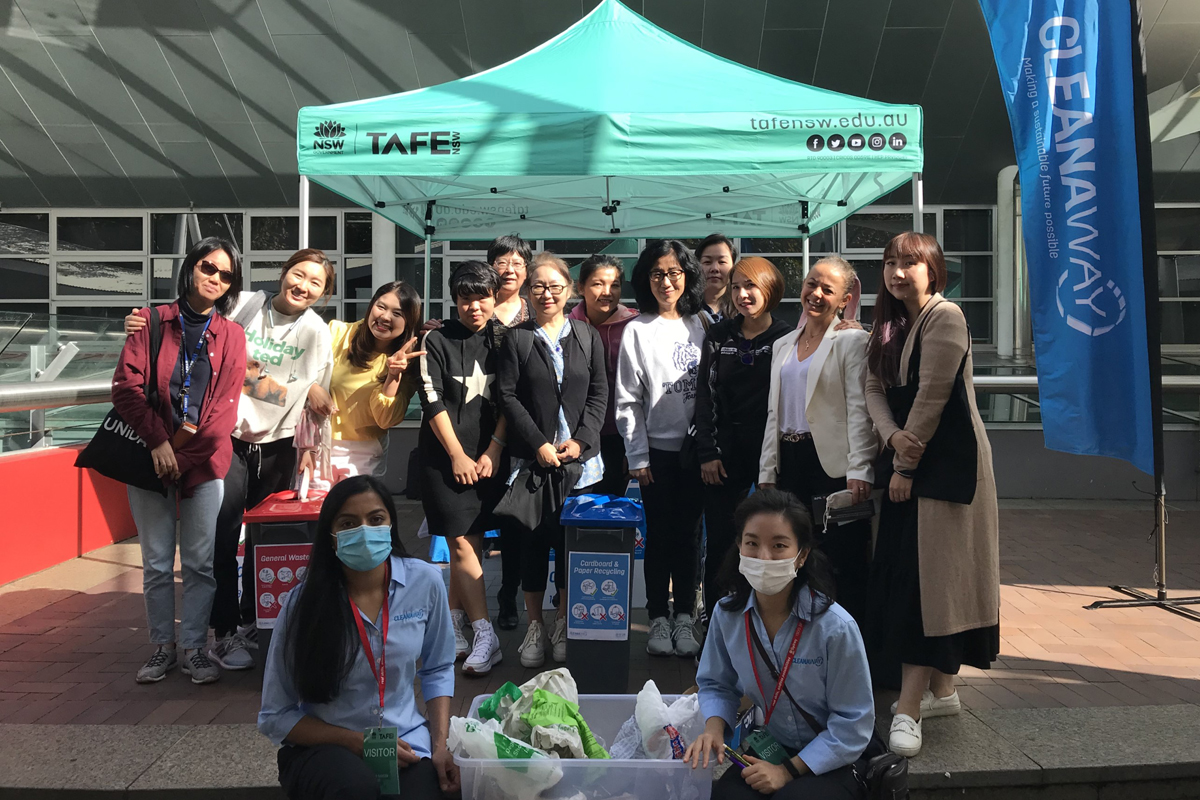
> Environmental and social benefits
Environmental and social benefits have included:
- Collaboration with environmental management students to deliver a waste audit at Ryde TAFE campus as part of their assessment
- Opportunity to trial innovative recycling streams such as dry waste recycling
- Demonstrating leadership to NSW Government agencies and VET training organisations through a best practice waste contract management.
- Monthly reporting with weight based data is provided to TAFE NSW to be able to regularly monitor waste generation and diversion from landfill.
- Monthly reporting of weight based waste data contributes to TAFE NSW’s net zero commitments and reporting.
- Improved diversion from landfill. TAFE NSW was previously unable to report on landfill diversion but is now able to confidently report that 33% of total waste (or 1,570 tonnes) was diverted from landfill between Jul 2020-June 2021. With new recycling being rolled out in 2021-2022 the diversion rate is expected to increase significantly.

> Leadership and engagement
This submission is distinct in that it commenced from a corporate level contract that has successfully been delivered through collaborative effort for successful implementation. The waste management contract was the genesis of the implementation innovation that has followed. As a NSW Government agency TAFE NSW is mandated to purchase waste management services from a whole of government contract. TAFE NSW has tailored the whole of government contract with a single supplier for consistency and improved outcomes. This has resulted in TAFE NSW being a year ahead of other NSW Government agencies in implementing this contract leading to innovative recycling solutions that are fit for purpose but still able to obtain the benefits of whole of government contracts.
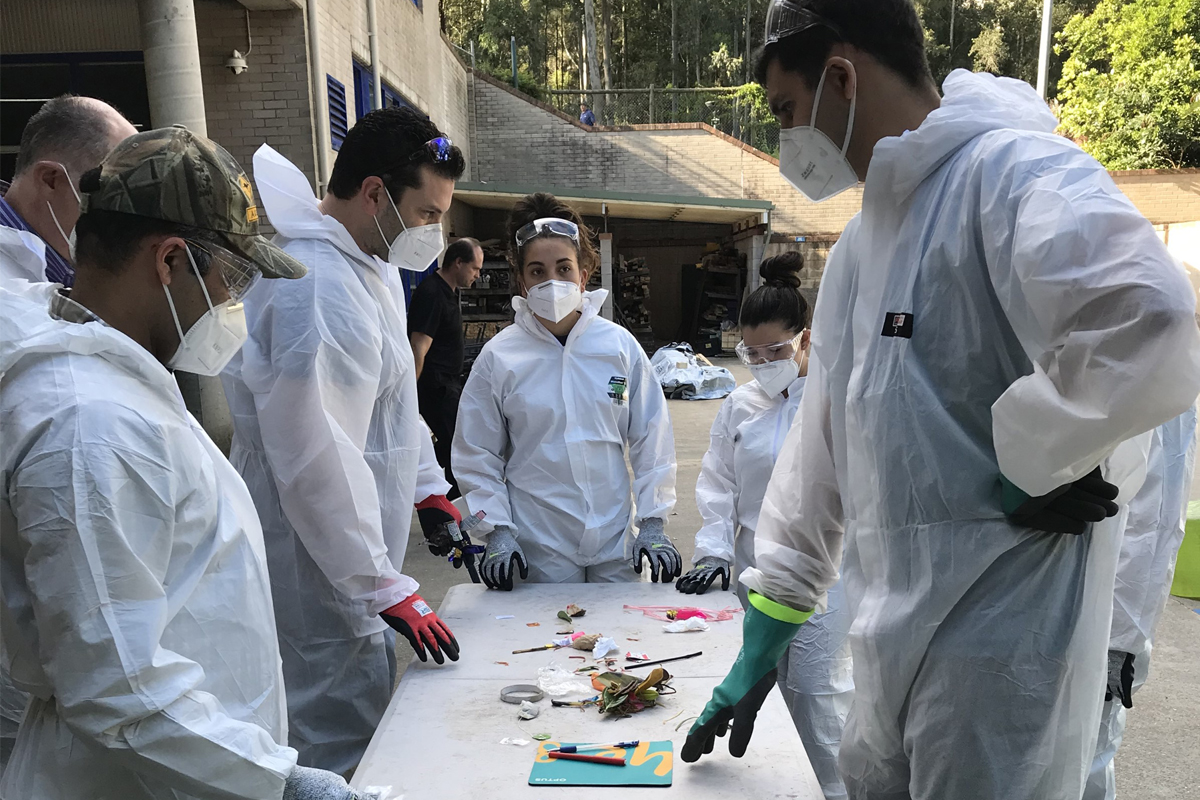
> Wider societal impact
While waste management at TAFE NSW may not have the highest diversion rate it is clear that the groundwork has been laid for TAFE NSW to continue to make significant improvements in waste management on the journey towards net zero. As circular economy and improved waste management matures at TAFE NSW there a societal benefits from TAFE as the largest vocational, education and training organisation in Australia to lead by example to other educational institutions. The large number of campuses spread out across NSW means that there are broad reaching opportunities to impact local communities via students who take their learning from TAFE into their future careers.




